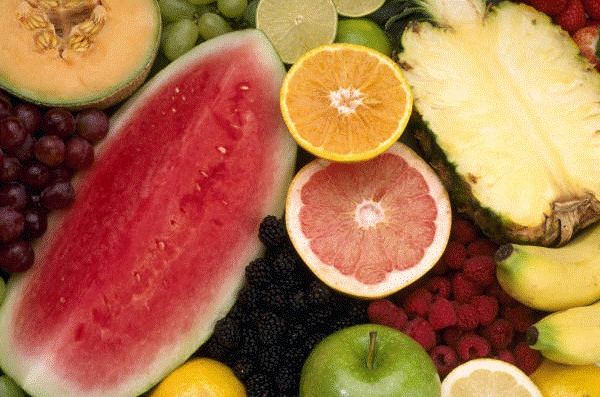By LAURAN NEERGAARD, AP Medical Writer


Only jalapeno peppers grown in Mexico are implicated in the nationwide salmonella outbreak.
The government announced Friday in clearing the U.S. crop.
The Food and Drug Administration urged consumers to avoid raw Mexican jalapenos and the serrano peppers often confused with them, or dishes made with them such as fresh salsa.
But the big question is how those who love hot peppers would know where the chiles came from, especially in restaurant food.
"You're going to have to ask the person you're buying it from," said Dr. David Acheson, the FDA's food safety chief, who is advising restaurants and grocery stores to know their suppliers and pass that information to customers.
The big break in an outbreak that now has sickened nearly 1,300 people came on Monday, when FDA announced it had found the same strain of salmonella responsible for the outbreak on a single Mexican-grown jalapeno in a south Texas produce warehouse.
Tomatoes had been the prime suspect for weeks. And while those now on the market are considered safe to eat, health officials still haven't exonerated them from causing illnesses when the outbreak began in April.
The pepper discovery threatened to paralyze that industry, too.

Chile production is a $500 million crop in New Mexico alone, which produces most of the U.S. crop, state agriculture commissioners wrote the FDA on Thursday.
Friday's move clearing U.S. peppers came because clusters of illnesses around the country all seem to be tracing back to Mexican jalapenos, though not all sold through the McAllen, Texas, produce warehouse, Acheson said.
"Domestically grown products are not tracing back at all to the outbreak," he said in an interview with The Associated Press.
"On Monday, we didn't know exactly where they all were coming from. Today we're certain these are coming from Mexico."



FDA inspectors are on the farm that grew the only tainted pepper discovered so far, trying to determine where else it sent a harvest that began in April, Acheson said. The farm is large, but the question now is whether it harvested enough to be responsible for such a geographically large outbreak.
Mexican officials blasted the announcement as premature, saying the fact that no additional salmonella was found in the Texas warehouse doesn't eliminate that site as a suspect.
"Both U.S. and Mexican tomato producers are still dealing with the impact of premature public information given by the FDA in the past, and we expect the FDA to present solid scientific evidence to back today's announcement as soon as possible," said Ricardo Alday, spokesman for the Mexican embassy in Washington.
The news is a relief for U.S. pepper growers.
"It's good news, late in the process.
It's an announcement they should have made some days ago," said John McClung of the Texas Produce Association.
He called the warning still too broad, because many peppers from Mexico are grown on farms in regions not implicated.
At the same time, investigators from the Centers for Disease Control and Prevention are retracing the probe's early steps to see if jalapenos were missed early on — or if tomatoes did indeed play a role.
Initial reports from the first ill in New Mexico and Texas provided a strong link to tomatoes, but salsa was eaten, too, with less attention paid to its other ingredients.


"We're still very interested in looking at the role tomatoes played in this outbreak given the strong epidemiological association," said CDC's Dr. Ian Williams.
That is "very much part of the active investigation at the moment."
To date, the CDC has confirmed 1,294 people sickened from the outbreak.
It doesn't appear to be over yet, with people falling ill as late as July 10.
*Articles Courtesy of Here
*Pictures Courtesy of Here


No comments:
Post a Comment